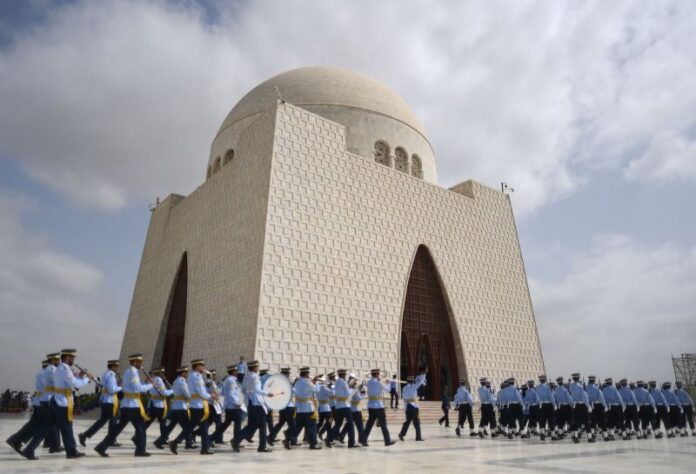Author: Arif Rafiq
Affiliation: Vizier Consulting
Organization/Publisher: Foreign Policy
Date/Place: April 5, 2021/ USA
Type of Literature: Analysis
Word Count: 1750
Link:https://foreignpolicy.com/2021/04/05/pakistans-geoeconomic-delusions/
Keywords: Pakistan, CPEC, Loan, Geo-economics, political economy, Pakistan Military, Trade, Politics
Brief:
The author, a geopolitical risk consultant of Pakistani-American descent, offers a reality check and challenges Pakistan’s new narrative and shift to a so-called policy of geoeconomics. It took at least a year after returning from Washington, DC’s Institute of Peace as its Associate Vice President for Asia that Pakistani academic Moeed Yusuf triggered a new narrative in the corridors of Islamabad as its National Security Advisor responsible for Strategic Policy Planning, and no one less than Pakistan Military Chief Gen. Qamar Javed Bajwa himself backing it. With this rhetorical policy shift, Pakistan moves from its days of being a security state to one that focuses on geoeconomics. Pakistan chose to be ground for the US’ “war on terror” by opening military bases to American troops which have occupied Afghanistan since the turn of the century in 2000. Result: America is in a hurry to exit Afghanistan without any gains while Pakistan has lost near 70,000 of its civilians in the first decade of the 21st century. The number of Afghan lives lost to America’s war is immeasurable. Now, the regime in Islamabad backed by the military has decided to jump in to the bandwagon of geoeconomics. The author dissects these claims, questioning the basics of the new found love. Pakistan is a country of more than 220 million people sandwiched between two hostile neighbors India and Afghanistan, though it has tried to build fences with the latter. The author explains the lack of basic infrastructure for Pakistan’s shift to focus on trade and economic integration. While Pakistan is failingly seeking to strike a balance between the West led by the US, and China, its “iron brother”, the author explains why Washington is not more interested in Islamabad – its “firmly in China’s sway.” This is happening as the US’ foreign policy goal post has changed from the so-called war on terror to countering China, Washington’s “primary threat to its interests.” The author, from his writings, has been critical of the China-Pakistan Economic Corridor. He argues that the network of roads, highways, and railways won’t help Pakistan build its economy. It is industrialization and rise in exports that can undo the fracture in Pakistan’s $278.2 billion GDP (2019). It needs to start reforms in every sector, build capacities of its human resource, invest in research while reworking on its political-military establishments – both, as the author claims, are reason for Pakistan’s poverty.
By: Riyaz ul Khaliq, CIGA Non-Resident Research Associate




